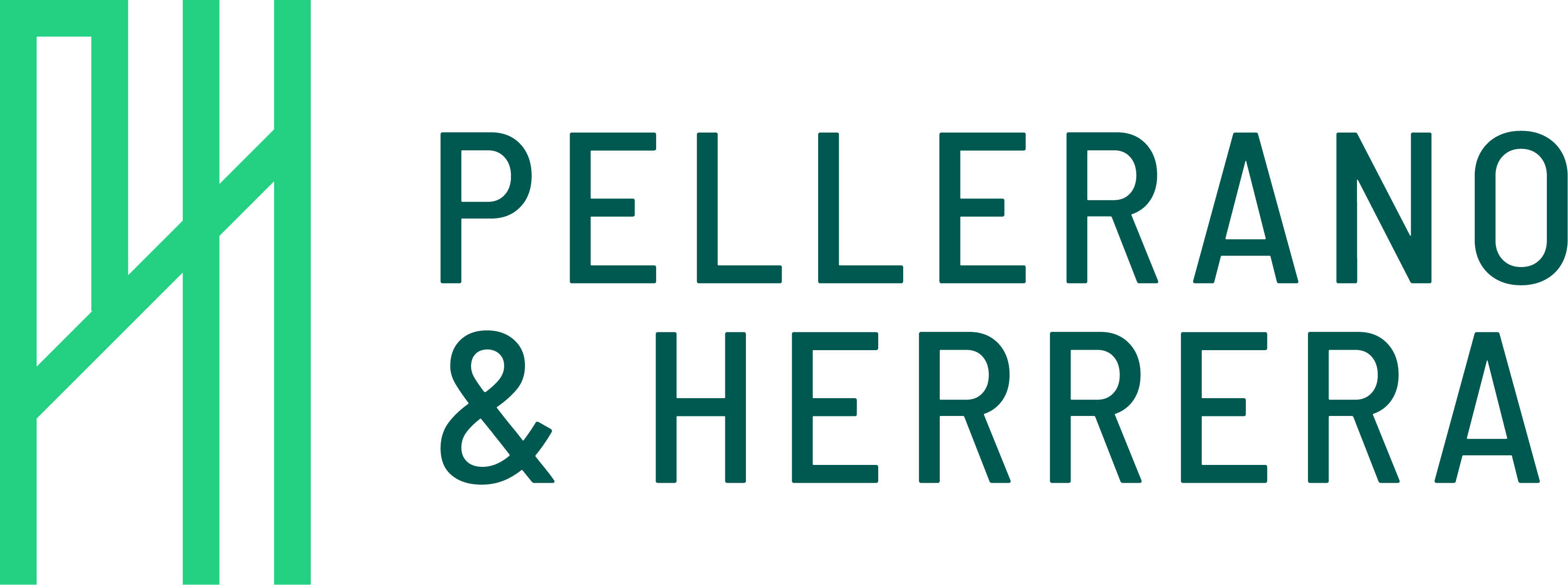The ITBIS in the Dominican Republic: A complete guide for businesses and professionals
The Impuesto sobre Transferencias de Bienes Industrializados y Servicios (ITBIS) is one of the fundamental pillars of the Dominican tax system. Similar to the Value Added Tax (VAT) in other countries, this indirect tax applies to the commercialization of industrialized goods and the provision of services, serving as a key revenue source for the state.
Its correct application and compliance are essential for both businesses and independent professionals, as it directly affects financial operations and tax obligations. This guide explores the most relevant aspects of ITBIS, including its rates, exemptions, declaration process, and penalties.
What is ITBIS and how does it work?
ITBIS is a consumption tax applied at each stage of the production and commercialization chain of industrialized goods and taxable services. It operates under a tax credit system, meaning that taxpayers can deduct the ITBIS paid on their purchases from the ITBIS collected on their sales. Ultimately, the tax burden falls on the final consumer.
ITBIS is generated in three main scenarios:
- Transfer of industrialized goods, whether new or used.
- Importation of industrialized goods, regardless of their final use.
- Provision and leasing of taxable services within Dominican territory.
Who is required to pay ITBIS?
The following entities are subject to ITBIS obligations:
- Individuals and legal entities: Includes businesses, commercial companies, and independent professionals who provide taxable services or sell goods subject to ITBIS.
- Importers: Any person or company importing industrialized goods must pay ITBIS upon nationalization.
- Public and private entities: Although some of their activities may be exempt, they must withhold and declare ITBIS when contracting taxable services from individuals.
ITBIS rates in the Dominican Republic
ITBIS has three tax rate levels:
- 18%: General rate applied to most goods and services.
- 16%: Reduced rate for products such as coffee, yogurt, sugar, butter, and chocolate.
- Exempt: Certain essential goods and services are exempt from ITBIS, such as meats, cocoa, milk, and honey.
ITBIS-Exempt goods and services
The Dominican Tax Code exempts a series of essential goods and services to ease the tax burden in fundamental sectors such as food, health, education, and transportation.
Exempt goods
- Basic food and agricultural products: Fresh meats, commonly consumed fish, sausages, milk, honey, eggs, legumes, vegetables, tubers, unprocessed fruits, cereals, flour, bread, pasta, baby food, and milling products.
- Agricultural and livestock products: Seeds, oilseeds, livestock inputs, fertilizers, insecticides, fungicides, and other agricultural capital goods.
- Beverages and natural products: Natural and bottled mineral water.
- Essential industrial goods: Fuels, medicines, joint prostheses, wheelchairs, and other vehicles for disabled persons.
- Educational and cultural materials: Books, magazines, and educational materials for primary and secondary levels.
- Raw materials and semi-industrialized products: Cocoa beans, unroasted coffee, coffee husks, and shells.
Exempt services
- Financial and insurance services: Loans, bank accounts, insurance, and pension plans.
- Essential services: Healthcare, education at all levels, and funeral services.
- Transportation: Passenger and cargo land transportation.
- Public and basic services: Electricity, potable water, and garbage collection.
- Housing and rentals: Rental of family homes.
- Personal services: Beauty salons and barbershops.
ITBIS declaration and payment
Businesses and professionals must declare and pay ITBIS monthly to the General Directorate of Internal Taxes (DGII) no later than the 20th of each month.
Declaration process
- Submit the ITBIS Tax Return (Form IT-1).
- Declare taxable sales and invoiced ITBIS.
- Report ITBIS paid on purchases (tax credit).
- Pay the difference between the ITBIS collected and the ITBIS advanced on purchases.
Payment methods
- Online payment through authorized banks.
- Over-the-counter payment at financial institutions.
- Payments at DGII offices (for amounts over RD$15,000, payments must be made by certified checks).
ITBIS withholding: special obligations
Certain entities are required to act as ITBIS withholding agents, deducting a percentage of the tax on certain transactions and remitting it directly to the DGII.
Entities required to withhold ITBIS
- Companies paying professional services to individuals: 30% of the invoiced ITBIS must be withheld.
- Companies paying rent for movable property: 30% of the invoiced ITBIS must be withheld.
- Airlines and hotels paying commissions to travel agencies: 100% of the invoiced ITBIS must be withheld.
- Companies paying for advertising or services to non-profit organizations: 100% of the invoiced ITBIS must be withheld.
- Credit and debit card administrators: 30% of the ITBIS included in transactions with affiliated establishments or 2% of the total transaction if ITBIS is not itemized.
Consequences of non-compliance with ITBIS payments
Failing to meet tax obligations related to ITBIS can result in economic and administrative penalties that affect a business’s financial stability.
Fines and surcharges
- Late payment surcharge: 10% of the owed amount if payment is delayed in the first month.
- Progressive interest: 4% per month on the outstanding balance in subsequent months.
- Compensatory interest: 1.10% cumulative interest on the owed amount.
- Omission fines: Penalties applied when the declaration is not submitted within the established deadline.
Other consequences
- Temporary closure of the business: In cases of severe or repeated non-compliance, authorities may order the closure of the company.
To avoid penalties, it is crucial to maintain rigorous control over ITBIS declarations and payments, ensuring they are submitted within the required deadlines.
Importance of ITBIS in business management
For businesses and professionals, proper ITBIS administration is key to avoiding penalties and optimizing cash flow.
Best practices
- Keep updated accounting records with all purchase and sales invoices.
- Issue valid tax receipts (NCF) with properly detailed ITBIS.
- Verify that suppliers itemize ITBIS on their invoices.
- Comply with ITBIS withholding obligations when applicable.
- Submit the declaration on time to avoid fines.
A well-structured tax strategy ensures compliance and minimizes legal and financial risks.
A fundamental tax
ITBIS is a fundamental tax in the Dominican Republic, impacting most commercial transactions. Proper management ensures compliance with tax regulations while optimizing financial outcomes for businesses and professionals.

